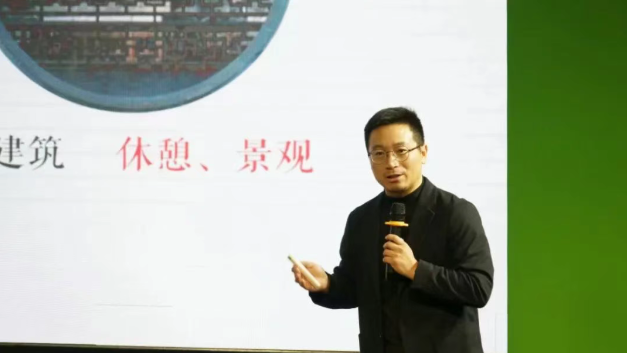5月19日:Applications of lentiviral vector transgenesis in the chicken
时间:2008-05-16
报告人:Dr. Helen Sang, Roslin Institute, UK
题目: Applications of lentiviral vector transgenesis in the chicken
时间:2008年5月19日上午9:30-11:00
地点: 信息楼六楼报告厅
主办:动物遗传育种与繁殖学科-“泰山学者”岗位办公室
Our interests are in the development of transgenic technologies for genetic modification of the chicken and the applications of these technologies. We have developed an efficient method for production of transgenic chickens using lentiviral vectors (McGrew et al. 2004) and are interested in applying this technology and extending it so that we have the same tools for studying the chick as are available in the mouse. The chick is an excellent model for the study of vertebrate development and we have generated a transgenic line that expresses GFP at high levels in all cells of the developing embryo. These embryos can be used in grafting experiments for lineage analysis during embryogenesis. We are extending this approach by developing additional fluorescent reporter lines and by using transgenesis to study specific aspects of development (e.g. sex determination, see Clinton lab page).
There are many other potential applications of transgenesis in the chicken, particularly in the study of disease in poultry and in biotechnology. We are developing RNA interference strategies to investigate viral pathogenesis and model the potential for producing resistance to infection by specific pathogens. We have recently shown that therapeutic proteins can be synthesised as a component of egg white, using transgenes derived from regulatory sequences of the ovalbumin gene (the major egg white protein gene) and human βinterferon (Lillico et al., 2007).
- 上一篇: 5月21日人文论坛:农村文化建设的现状研究
- 下一篇: 5月19日学术报告:日本的大学与留学制度

 地址:山东省 青岛市 城阳区 长城路700号
地址:山东省 青岛市 城阳区 长城路700号
 电话:0532-58957222
电话:0532-58957222
 邮编:266109
邮编:266109
 邮箱:xwzx@qau.edu.cn
邮箱:xwzx@qau.edu.cn














.jpg)
.jpg)
.jpg)
.jpg)
.jpg)
.jpg)
.png)
.jpg)

.png)

